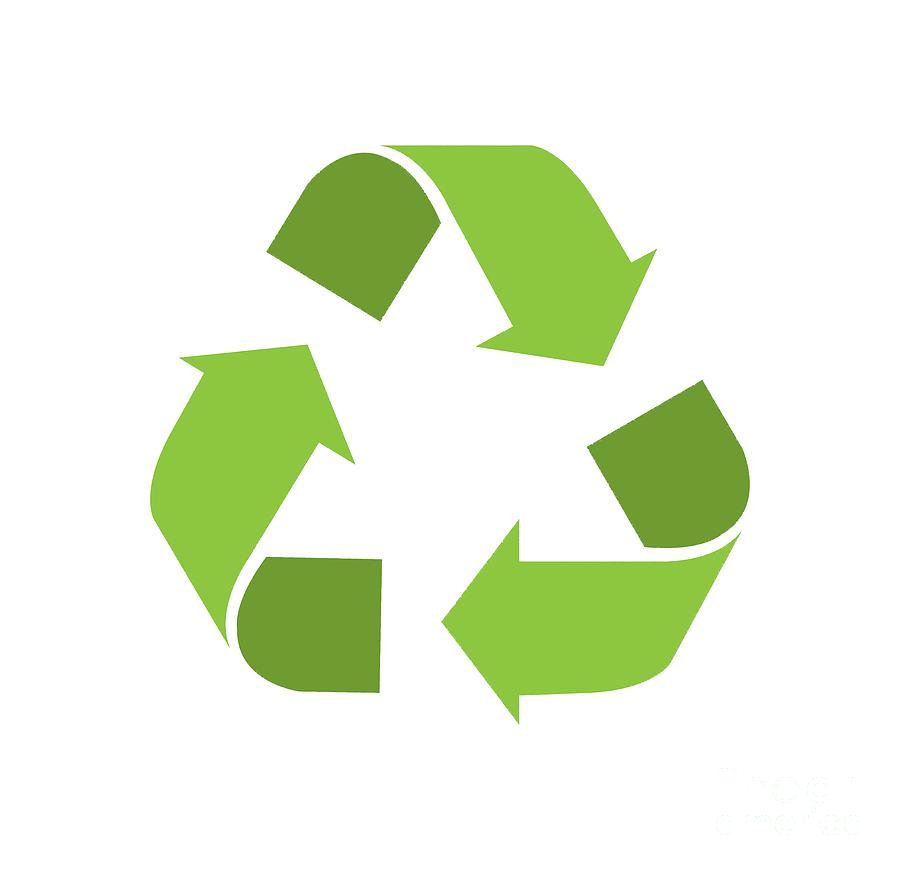While recycling is a better alternative to throwing everything into a landfill, it is not the end all be all solution for our waste. Some things cannot be recycled, other things are very energy intensive to recycle, and it can be very expensive. I am not saying that we should stop recycling altogether, I am saying that reduction in waste should be the priority.
First of all, we must be able to understand how recycling works. Recycling can be divided into upcycling and downcycling. Upcycling is when you take a used item and turn it into something more valuable, which can be monetary value like perhaps a new product, or into utility value, like turning an old industrial pallet into a couch. Downcycling on the otherhand is when things like paper or plastic is refined and reused to make a similar product. This method generally results in a weaker product. Repeated downcycling will eventually result in a unusable material that will have to be discarded. In addition, recycling some materials is not very efficient. Granted, there are some materials that are less energy intensive to recycle than to produce, like steel or aluminum for example. However, for materials like plastic, we are still creating pollution by recycling. And even then, only 9% of all plastics end up being recycled, leaving the other 91% to fill landfills and oceans. This number increases even more when you factor in that China is rejecting more and more of the shipments of materials we send them to be recycled. China buys two-thirds of nearly all of North America’s recyclable waste to recycle so they can use it for manufacturing. However, stricter regulations that require materials to have no more than 0.5% contamination result in less and less of our recycling being able to make it there. This means that more and more plastics, papers, and metals end up in a warehouse somewhere, or worse: in the ocean.

Even though recycling plants like this one help us reuse our waste, they still can't cover everything. For example, not all single use plastics are recyclable! Image credit: RealNews Magazine
While recycling marginally reduces what is put into the landfill, it still gives us reason to use single use items such as plastic bottles or straws. It validates the lifestyle of consumption and convenience as it makes us believe that all is right with what we are doing, that we are helping the environment by recycling.
But all is not lost. The important thing is to focus on reducing what we can now, instead of reusing the waste that we already create. Remember, it is Reduce, Reuse, Recycle, not Recycle, Reuse, Reduce! Check out last week’s post to find out some simple ways to reduce your waste!

LAMOSE vows to help reduce plastic waste to protect our Earth for generations to come. Will you do the same?
Here are some more interesting links regarding recycling as well if you don’t believe me.
https://science.howstuffworks.com/environmental/green-science/recycling6.htm
https://futurism.com/china-recycling-alternative/
https://www.ctvnews.ca/canada/how-careless-recycling-is-costing-canadian-cities-millions-1.3880796
https://www.cbc.ca/news/technology/recycling-contamination-1.4606893



Share:
Reduce Your Waste Today!
Environmental Protection Success Stories!